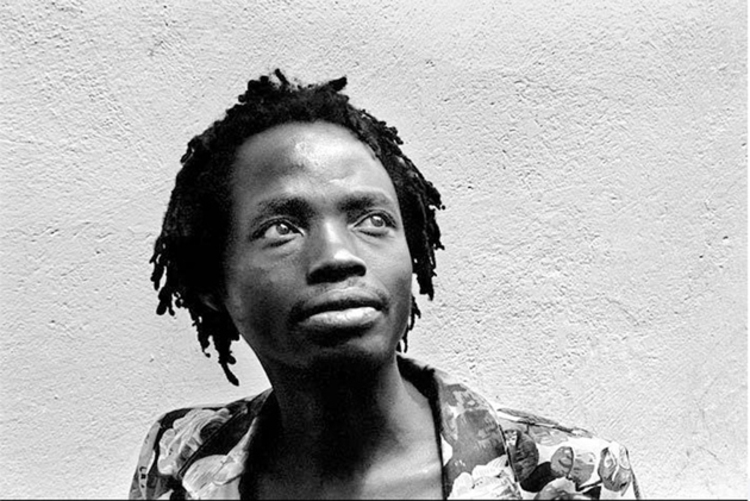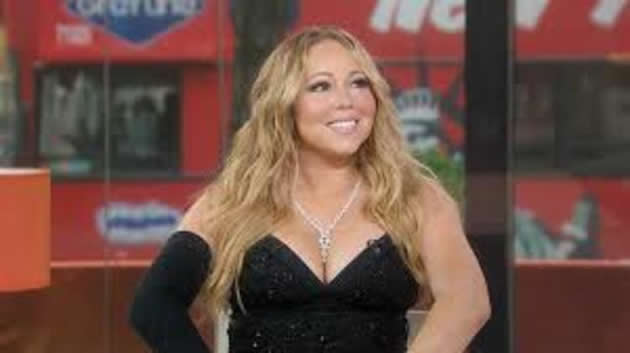Book clubs can promote reading culture

Reading clubs can create reading communities that think together and from which writers and creators can begin to produce literature that addresses the sensibilities of various reading communities. In his presentation during the 2016 Book Fair Indaba, Midlands State University lecturer, Umali Saidi, said member readers would not only encourage each other to read, but would have opportunities to question and prod realities that may affect them as a group.
“These groups will help create platforms to provoke a shared sense of community by no means without tension or controversy,” he told participants at the Indaba. “This way reading clubs will further have responsibilities of recruiting more members and thus affording the populace with opportunities to experience meaningfully with print, develop reading culture and thus adding value to all other efforts of economic development.
“From developing expressive mechanisms such as languages to creating reading clubs, Zimbabwe can find itself developing a vibrant reading culture where the reader-citizen is treated ultimately as an end and not a means to economic development.”
It is his view that there is much to be gained from literary appreciation other than the development of the mind in an educational environment. Engagement in literary arts either as read, written or performed can act as the blood in the machinery of economic development because of its subtle induced benefits in thinking, cognitive development, cultural development and sensitisation of being. In exploring some of the strategies that can be extended to arts for sustainable development, Saidi argues that reading and literary appreciation should be expanded, promoted and not limited to students, teachers and professors of literature.
“Harnessing the arts is not only to promote literary production but it will promote consumption, appreciation and generally develop a reading, performative and appreciative culture in the arts,” he explained.
The tragedy befalling the nation is that, literary appreciation and general appreciation of literary and performative arts appears to be staffed to students and professors of literature in schools and arts departments of universities around the country.
One problem, he observed, is that after graduating from the school or college system, the student disengages from the dictates of literature and for the professor it merely remains a means to promotion and a passage to be funded to present papers at international conferences on literary studies.
While the same may not be said of music and film, with regard to literary studies, it appears literary works, novels, plays and poetry form an isolated sphere in the matrix of the expressive arts in the country, Saidi said.
“Such an isolation,” he said, “has detrimental effects not only to the culture of reading but to the production of literature and subsequently to the general development of the country.
“As such harnessing the arts has some positives as the experience of culture becomes holistic at the same time the contributions that are made by the literary arts are intrinsic and can only be measured through the successes of other key notions or systems that support economic development in areas such as good governance, discipline, courtesy, problem handling and solving or performance by individuals in their various economic endeavours.”
He defines literary appreciation as a positive emotional reaction towards a literary selection. Recently, focus has also virtually shifted concerns to imported science and technology at the expense of cultures, where cultures have been viewed as an artificial flower which adorns our hat rather than a lifeblood flowing through our veins.
Questions of “consciousness” therefore become topical to understand contemporary situations, past scenarios and possibly mapping the future. “The embodiment of this conscience or lack of it, is in literature where language plays a significant role in preserving all cultural systems,” he explained. “Thus, literary appreciation has to be understood as an agent upholding these notions.
“We must therefore view literary production as a heritage from which our languages, creative and productive self is located.” Saidi suggests strategies that can be employed in literary appreciation for economic transformation and development.
The starting point could be the medium of communication and expression which is local (L1) languages, he says, arguing that “there is need to develop indigenous languages so that we can have a large pool of writers experimenting in these languages and readers experiencing their world views as presented by their mother tongues over and above second languages.
Literary creators need for their creativity, a language or languages which embody their people’s sensibilities.
Further, linguistic development and usage can be supported by a vibrant cultural policy which for instance may call or demand the teaching and learning of at least one or two indigenous languages in schools over one’s mother tongue. For instance, calling for a Shona L1 speaker apart from learning English as the official language having to learn say, Tonga or Nambya and so on.
“Focus on language development should not merely end on ‘which language’ but also on ‘what forms of languages’. Zimdancehall music as a genre has made strides in developing Zimdancehall-speak, a language specific for the genre and well understood by the youths much vibrant than mere notions of urban lingo.
“If such a language can be invested through writing, literature will thus begin to also make inroads into territories not merely dominated by performative arts such as songs as is the current case with Zimdancehall. “
Ignatius Tirivangani Mabasa’s (1999) “Mapenzi”, Saidi suggests, is a close experimentation with new forms of indigenous languages having undergone various creativity and influences. In most cases people begin to experience literature upon exposure to the school system.
Saidi further argues that writers too will not have to struggle to write for the school system, that is, to have their texts incorporated into the syllabus for their incorporation face obvious results. The results can be positive in that writers can assume writing as a full-time profession and make a living out of it, a submission Dambudzo Marechera wrote, lived and died calling for.
But prescriptive tendencies may at the end of the day encourage corrupt tendencies in which established writers may for decades remain dominant with their works and budding writers having challenges to develop their writing careers for their personal development but for the development of the country too.
Thus, harnessing forms of teaching literature and learning can go a long way in developing active readers, writers and subsequently developing the machinery that drives economic development from a cultural as well as ethical perspective.
With the development and use of technology, the television and radio have become traditional means of mass media developing and being used in tandem with the new media. Programming in both entities has been lagging especially in as far as debates on literary experiences is concerned.
There are so many programmes that debate matters of spirituality week in week out, programmes that debate various notions of economic development such as agriculture, governance and other social realities. Programmes that engage the populace on literary realities are difficult to identify.
Through various forms of literary debates, the populace can have a platform to share literatures and experiences. This should see a proliferation of literature-based debates.
This is not however to say information provision of books should be stopped especially as done under book reviews by most print media entities. Debates on the same reviewed books should be considered because it is through debating that literature has more space for appreciation and reveals its role in nation building. Debates may allow readers to test their thoughts, verify their positions and share their experiences from which in sharing all readers will have invested a great deal in the appreciation of literature in general.
It appears artists of various genres and forms of arts would rather operate as writers, singers or filmmakers without wanting or having the desire to cross paths and collaborate on various artistic productions although the trend seems to be changing somewhat
Albert Nyathi performs his poetry in song and has published a collection of some of his work for instance his “Echoes from the Kraal” in 2001 (Morris ed 2006) and Echoes from Zimbabwe in 2010.
“For Albert Nyathi, we have an instance of the same artist being both a performer of his poetry as well as a writer and thus increasing appreciation of his poetry by both readers and listeners.
“Other poets or writers who have done the same in Zimbabwe are Chirikure Chirikure as well as Memory Chirere. It is regrettable to note how novelist-writers like Tsitsi Dangarembga have not taken up celebrated books like ‘Nervous Conditions’ to harness them with film where she appears to have become more comfortable operating from.”
However, Saidi says, the other dimension is to encourage writers and say musicians exchanging notes where one artist might use their most area of expertise to invest in the other artist’s submissions. This initiative, while being focused on the creators of the arts for consumption by the populace, is deliberately drawn towards realising an increased space in which writing, singing and reading are brought into one functional sphere.
Artists will be able to lean on each other, create together thereby making the world of the arts one than a splintered sphere from which even a vibrant cultural policy may be difficult to structure and implement.
Formation of reading clubs may also go a long way in systematically creating affiliate readers or enthusiasts to certain literary productions. Formation of reading clubs may have to deal with various other notions which may fail to find platforms on say national radios or television for discussions as they may contradict the broadcasting policies of such houses.
In other words, the ruling establishment of the day will always find ways of suppressing debates raised by literature to be discussed by the populace on national media. The reading clubs as debate or discussion focused entities will bring individual members to deal with any form of suppression, political, social, religious or cultural.
Member readers not only will they encourage each other to read, but will have opportunities to question and prod realities that may affect them as a group. These groups will help create platforms to provoke a shared sense of community by no means without tension or controversy.
“I have suggested some strategies which might find literary appreciation being taken outside the classroom and have the literary arts be experienced by the populace for both self-development and eventually transforming into various other aspects of economic development.” – Panorama Magazine.








Comments